Paying your bills consistently and on time is the single most important factor to a healthy credit score. Automatic payments, when used correctly, help ensure you are taking this important step to improving your credit.
The days of writing a check to pay a bill are quickly fading. If current trends continue, the United States could stop writing checks altogether by 2026. Since online payments became possible thirteen years ago, their popularity has quickly grown. The option of automation makes online payments extremely appealing. Bills get paid on time, every time, and all it takes is a quick initial setup.
Sounds simple, right?
Well, yes. But there are a few things to consider before you automate your finances.
Bank bill-pay services
Most banks offer a bill-pay service online. You set up different payees, list the appropriate account numbers, set when you want the bill to be paid, and how often. Usually, the bill-pay dashboard will give you a snapshot of all the bills you have lined up to pay, and when they will be sent. This can be beneficial because you have all your bills in one place. Bills will be listed according to date they are set to be paid, and there will also be a list of bills that have already been paid for the month.
Creditor bill-pay services
Major credit card companies also offer an option to pay your bill automatically through their website. You simply go to payment options and enroll in their autopay service. Generally speaking, there will be options for either paying the balance, the minimum, or another set amount. You can also choose the date of the month they will withdraw the funds from your checking account.
Timely payments
Making payments on time may seem like a given when you automate them, but the date you choose is important. If you’re using your bank’s bill-pay service, make sure you know when the payment will be sent. Your credit card may be due on the 15th, but your bank may need to send it on the 13th for it to be processed by the due date. Creditor websites usually pull their automatic payments the same day the payment is due.
Know when funds will be deducted from your bank account
Bill-pay services through your bank will usually ask for the day you want to send the payment, not the day the payment is due. Because they have to send funds to your creditor, it can take a few days for your creditor to receive and process the payment. However, some bank bill-pay services will deduct the money from your account the day they send the payment, and not necessarily wait for your creditor to process it. This may lead to a payment you thought would process on the 15th, actually processing on the 13th. It’s important to read how your individual bank’s bill-pay services handle this process to avoid unnecessary overdraft fees.
Know the terms of cancelling or moving a payment
If you have fluctuating income, you might have a financial emergency that makes it necessary to move a payment to a later date. If you have your bill set to pay on a certain date, there is usually a 24-48 hour window of time before the payment is made where it is processing, and too late to cancel. In the event you are within that window and find it impossible to make your payment, you may be subject to overdraft and NSF fees.
Make a quick financial plan before you set up payments
Once you are aware of the payment options through creditors and your bank, you need to sit down and assess your financial situation.
It’s important to consider:
- Frequency of income
- Frequency of payments
- Payment amounts on revolving balances
- Goals for paying off balances
Write it down
Yes, it seems old fashioned, but to have a successful automatic bill-pay plan, you will need to write a few things down:
- Due dates
- Paycheck Dates
- Dates funds will be deducted
- Due dates landing on holidays and Sundays
Also keep in mind that banks process debits and credits differently. It’s possible that your payment and paycheck may come through the same day, but your payment will try to clear as soon as the bank opens, and your deposit may not clear until noon. Even though you had the money the same day, the payment will likely still bounce.
Set up the payments
Whether you use your bank or creditor services is a matter of personal preference, and also depends on the services offered. There will be some bills that do not offer an online payment method, in which case your bank’s bill payment system will still send a check.
If you are setting up payments through your bank, you will need the following information:
- Account numbers
- Name of creditor
- Address & phone number of creditor
- Payment due date and frequency
Watch your statements
Setting up automatic payments is no excuse to check out of your bill payment situation. Once everything is set up, be sure to verify that your payments are being made on time, and for the correct amount.
That’s it! Once you have a well-organized automatic payment plan, you can forget about missing a due date and hurting your credit. And it’s easy to build on to automate all your bills once you have a plan in place.



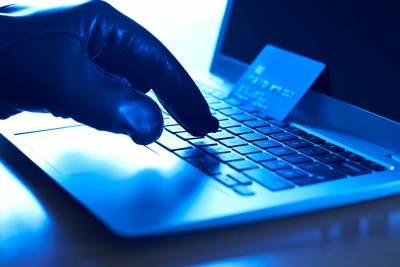
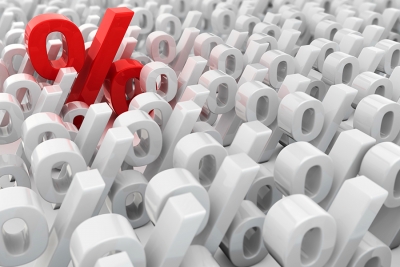
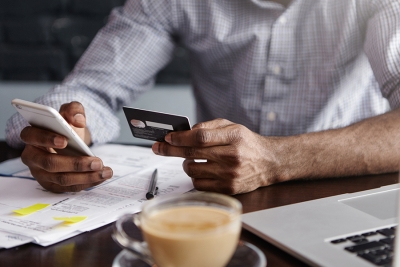
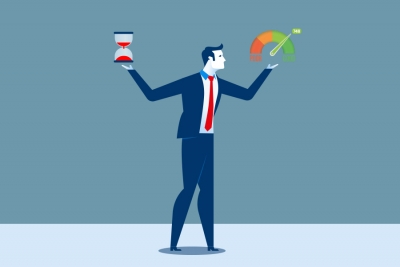
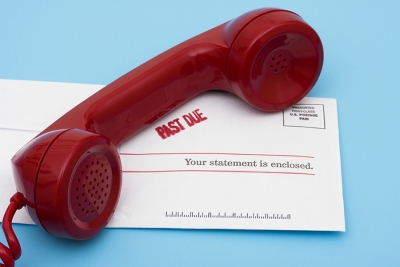


Leave A Comment